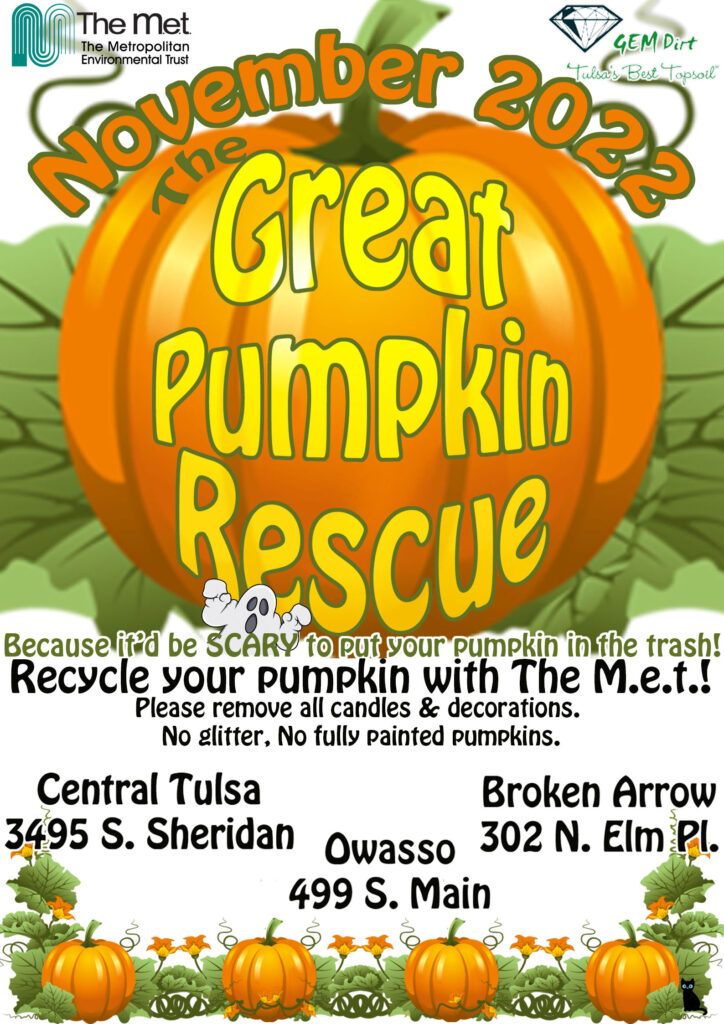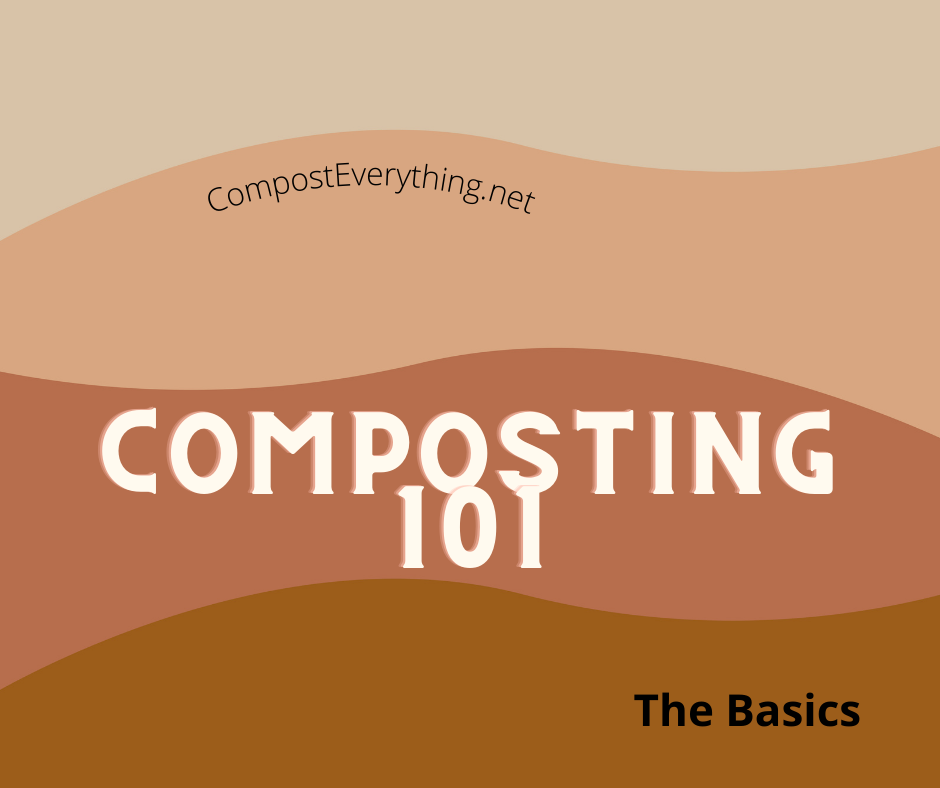Posted by admin on Oct 27, 2022 in BLOG | Comments Off on The Great Pumpkin Rescue

Posted by admin on Jun 2, 2022 in BLOG | Comments Off on The Basics

Composting can occur inside or outside your home. This can be in a bin or simply in a pile on the ground. Before you chose what method of composting you would like to use, here are the very basics you need to understand before you start.
You need the following components to have a good composting system:
Having all three of these components is essential to having a healthy composting pile. A good pile should not attract bugs, animals, or have odors. Common ways to address these problems will be discussed later on.
Here is a longer list of what can and cannot be composted.
Can:
Can’t:
Posted by admin on Jan 11, 2022 in Uncategorized | Comments Off on Congratulations Full Sun Composting

Full Sun Composting was able to collect 79 tons of food scraps in the past year. That impressive number will make such an impact on the environment. To learn more about how they accomplished this, visit: https://www.facebook.com/fullsuncomposting!
read more